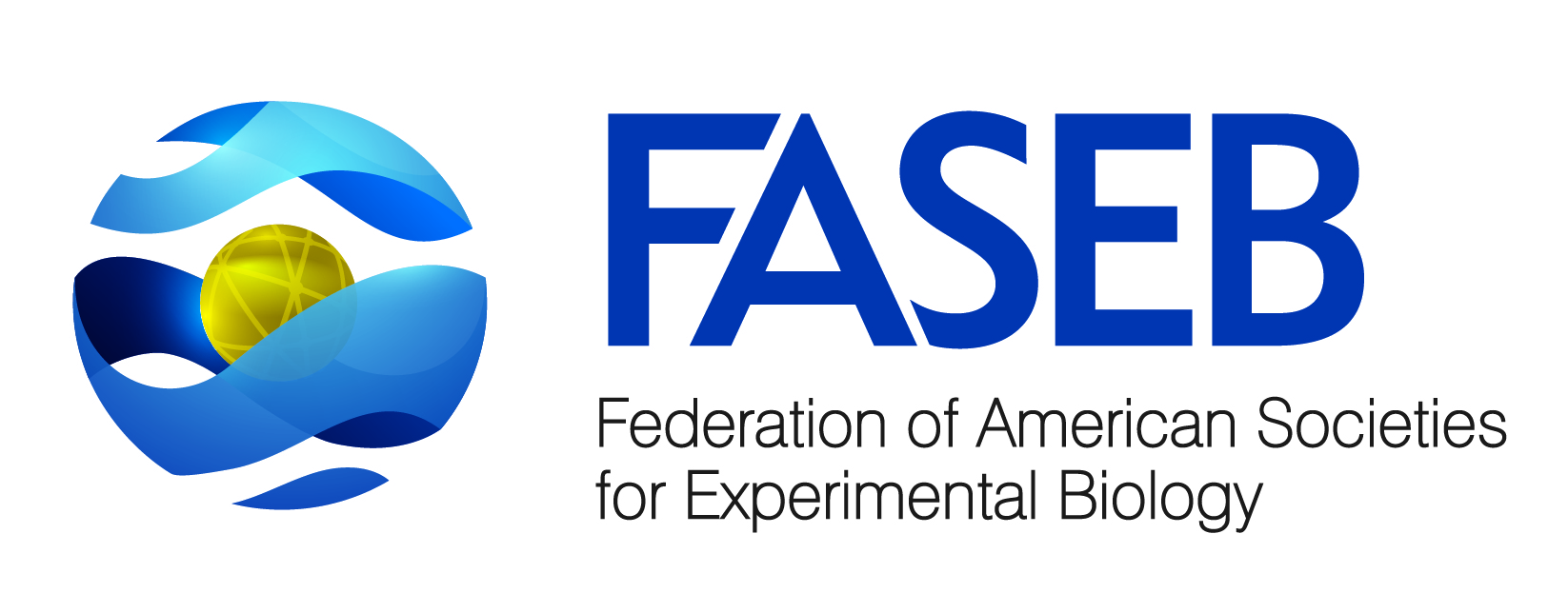Newswise — Cutting-edge multidisciplinary research from across the life sciences will be presented at the Experimental Biology 2018 meeting (EB 2018), the premier annual meeting of five scientific societies to be held April 21–25 in San Diego.
At EB 2018, leading scientists representing dozens of scientific disciplines will present the latest research and clinical advances. Use the EB App to explore the full schedule of speakers, poster sessions, panels and special events.
Register for a free onsite press pass, or stay up to date on all the exciting research news at EB 2018 through the EB Virtual Newsroom, your one-stop shop for press releases, meeting information and blog posts.
Highlights from EB 2018 include:
Inaugural Science Outreach Activity Poster Session — This new EB-wide event will feature a diverse range of science communication and outreach programs from all five EB host societies and the local San Diego community. The Science Outreach Activity Poster Session will take place during the EB Welcome Reception. (7–8 p.m. Saturday, April 21, San Diego Convention Center Sails Pavilion).
State-of-the-Art Regenerative Pharmacology — Regenerative pharmacology seeks to cure disease by applying pharmacological sciences to developing technology that can restore tissue and organ function. The American Society for Pharmacology and Experimental Therapeutics Ray Fuller Lecture and Symposium will feature recent developments in materials science, chemical engineering and stem cell biology that are poised to push regenerative pharmacology toward novel and more effective therapies for a variety of unmet medical needs. (9:30 a.m.–12:00 p.m. Sunday, April 22, SDCC Room 17A)
What’s the Big Deal About Big Data: Mining Molecular Epidemiology for Insights into Pathogenesis — The American Society for Investigative Pathology Outstanding Investigator Award Lecture and Symposium will examine how valuable epidemiology data can be used to better understand factors involved in disease development. Speakers will discuss integrating genomics with epidemiology to make new discoveries, mining data for biomarkers and genes involved in specific diseases and predicting therapeutic responses using population data. (2–5 p.m. Tuesday, April 24, SDCC Room 2)
The Genetics of Anatomical Development: Nobel Lessons from Invertebrates — This session will feature two American Association of Anatomists plenary lectures highlighting important developmental discoveries made using invertebrate model species. Nobel laureate Eric Wieschaus, Ph.D., Princeton University, will present “Gene activity and cell mechanics during drosophila embryonic development,” and Nobel laureate Martin Chalfie, Ph.D., Columbia University, will give the lecture “Determining neuronal fate in C. elegans.” (8:30–10 a.m. Sunday, April 22, SDCC Room 9)
Adapting Proteostasis to Ameliorate Neurodegenerative Diseases — Diseases such as Alzheimer’s and Parkinson’s are classified as proteinopathies because they involve misfolded proteins that lose their intended function and become damaging. During this American Society for Biochemistry and Molecular Biology session, four experts will present their work on the molecular mechanisms of proteinopathies, including studies into the physics of protein folding, methods to ramp up the cellular removal of misfolded proteins, and how other molecules might be used to stabilize proteins that have become destructive. (10 a.m.–12 p.m. Monday, April 23, SDCC Room 6C)
The New Frontier: Exosomes in Diagnostics and Therapeutics — Every cell type produces membrane-enclosed vesicles known as exosomes, which play an important role in intracellular communication. Research interest in these extracellular nanoscale vesicles has recently increased because of the potential to use them in various biomedical applications. The American Physiological Society President's Symposium Series III will explore using exosomes for drug delivery and disease diagnosis as well as how exosomes derived from stem cells might be applied to tissue regeneration. (1:30–3 p.m. Tuesday, April 24, SDCC Room 20A.)
Contact usfor more information on any of these symposia.
Don’t forget to follow us on Facebook and Twitter (#ExpBio) for news and updates during EB 2017.
Join us for EB 2018 in person or online:
Register to Attend EB: Get a free onsite press pass (deadline April 18)
Virtual Newsroom: Get press releases, multimedia & news tips online
Subscribe for Email Updates: Get monthly meeting updates & highlights
View the Preliminary Program: Get the latest information on planned scientific sessions & events
EB Mobile App: Access abstracts or build a personalized schedule. You can download the app to your mobile device or use it on a web browser.
Follow & Share: Read meeting blogs and engage on social media
EB host societies include the American Association of Anatomists, American Physiological Society, American Society for Biochemistry and Molecular Biology, American Society for Investigative Pathology and American Society for Pharmacology & Experimental Therapeutics.
#expbio | EB on Facebook | EB on Twitter (@expbio)
###
